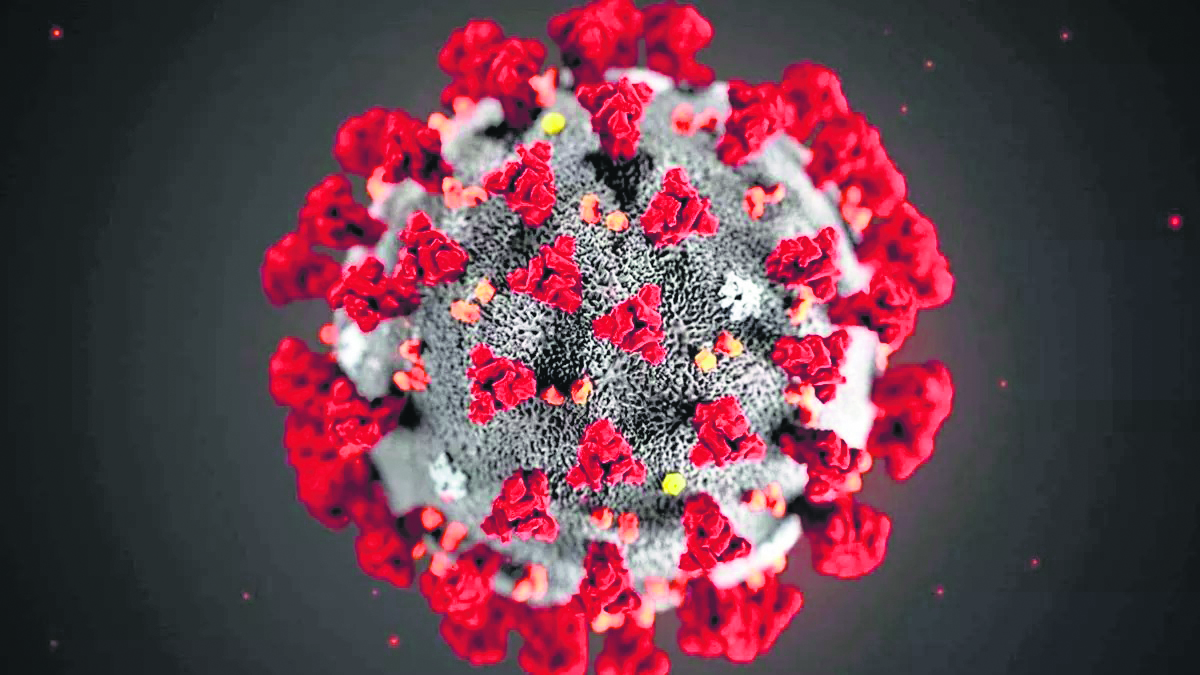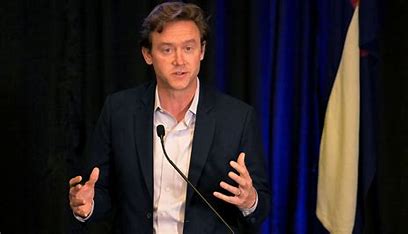
The new COVID-19 variant JN.1, that has been causing a spike in cases in the US since September this year, and more lately has been sweeping across Singapore with 56,000 cases as of date, has now been detected in India.
While it’s not clear if JN.1 variant is a cause of worry yet, it is clear that India has witnessed a spike in infection numbers. Cases are now at a seven-month high. Kerala has become a hotspot of COVID-19 outbreak again. With high literacy rates and advanced healthcare systems, Kerala’s disease surveillance is stronger, making it one of the first to report. It is thus possible that other states may have more cases.
While JN.1 resembles other upper respiratory infections caused by seasonal viruses, there is a strong compelling reason to put measures in place to prevent this from running through society. This is particularly important to protect vulnerable groups such as elderly or those with comorbid conditions.
What we do know is that JN.1 is highly transmissible, though not a serious threat by itself. However, it is known that severity of infection and Long COVID risk increases with reinfection. Long COVID may have long lasting effects on the heart, lung, brain or nerves, to name just a few outcomes. Brain fog and fatigue are common distressing manifestations. Long COVID may take several weeks to months to resolve.
Hence, the importance of treatment and preventing reinfections by adopting N95 masks, vaccination and social distancing. Public health measures should be enforced in all public places even for the healthy population. The crisis response system needs to be on high alert. When it comes to personal health, as the old adage goes, “an ounce of prevention is better than a pound of cure.”
The author is a Public Health Physician, Fulbright Fellow and Medical Advisor to Nirvana Being.















